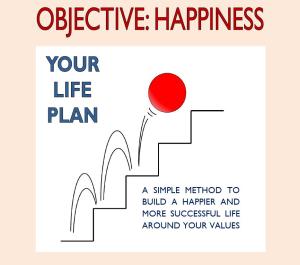Interesting article and slide show found on CNBC. Here is the text:
As it turns out, some of the highest income states are among the unhappiest, according to a recent study by economists Andrew J. Oswald and Stephen Wu, of the University of Warwick and Hamilton College, respectively.
Taking into account both subjective and objective factors such as sunshine, congestion and pollution in a survey of 1.3 million Americans between 2005 and 2008, the researchers determined which states have the happiest – and unhappiest – residents. Among the happiest are Louisiana, Hawaii and Florida.
“Some might be surprised that states in the south with lower income ranked as high as they did,” said Wu, economist at Hamilton College. “States with high income rate fairly low on the happiness levels. To some it might seem counterintuitive; it’s not just about income levels, but those places might be more crowded, more congested on the roadway, [have] less available land.”
For the slide show click on this link: The Unhappiest States in America



 Posted by Christophe Pelletier
Posted by Christophe Pelletier ![You Know More About Investing Than You Think j0367528[2]](https://happyfuturegroup.files.wordpress.com/2009/09/j03675282.jpg?w=450) Before you begin researching potential investments or asking an advisor for advice, understand that you already have within you the most important piece of information you need to choose investments. Always ask yourself, “what am I going to do with this money, and when do I hope to do it?”.
Before you begin researching potential investments or asking an advisor for advice, understand that you already have within you the most important piece of information you need to choose investments. Always ask yourself, “what am I going to do with this money, and when do I hope to do it?”. 








